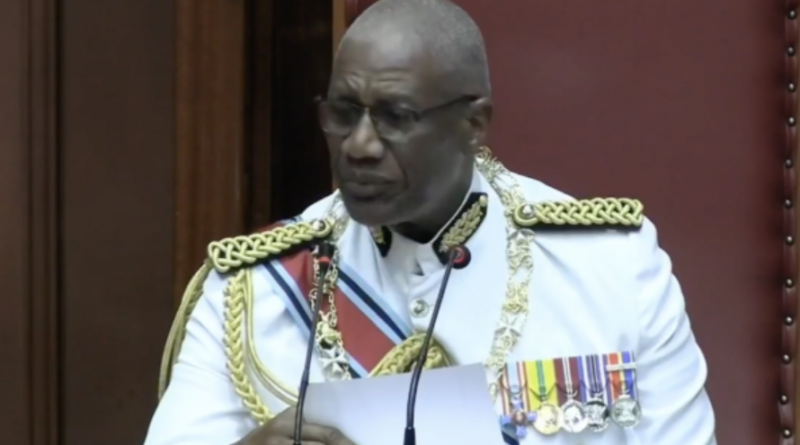KC’s vs KC: Cabinet reports that its own legals counsel disagree with Simon on GG’s power to commission an inquiry
As the Concerned Citizens coalition awaits a response to their public-inquiry petition from the governor-general, the Gaston Browne Administration is showing, clearly, that it does not want such an investigation undertaken.
While two local attorneys – including a King’s Counsel – have given their legal opinion on whether the head of State can commission an inquiry, the Cabinet has sought its own legal opinion to the contrary.
According to this week’s Cabinet Notes, on Wednesday, May 24, the Executive “sought and received, through the Ministry of Legal Affairs, two legal opinions by King Counsels….” These two experts have concluded that the head of State has no power to commission a public inquiry, the Notes report.
As a result, the Executive is reiterating the sentiment recently expressed by government spokesperson Lionel “Max” Hurst: that it is the Cabinet which decides on the establishment of a commission of inquiry.
It also notes that – by way of a Resolution – it is the Parliament that provides the authority to the governor-general and also votes to authorize a special warrant to fund an inquiry.
Accordingly, the Browne Cabinet is putting the matter into the realm of partisanship, stating that “the claim by political operatives – that the governor general has the authority to commission a Public Inquiry – is absolutely false.”
Earlier this week, respected King’s Counsel Justin Simon had disagreed with Hurst’s claim that the governor-general has no legal authority to commission an inquiry.
While it is understandable that the head of State may wish to consult with the prime minister, who is the head of government, Simon said this does not mean the governor-general has to follow the advice of the latter.
Another attorney, Harold Lovell, the former political leader of the United Progressive Party has also disagreed with Hurst’s comments.
In a letter published in the Daily Observer, Lovell says the governor-general can act in his own discretion, although the law provides for action in accordance with the advice of the Cabinet, or of a minister acting under the authority of the Cabinet.
In 2001, then Governor-General Sir James Carlisle commissioned an inquiry into the Medical Benefits Scheme – reportedly discounting the advice of former Prime Minister Lester Bird – since the director of public prosecutions was unable, at that time, to deal with a forensic audit of the Scheme.




